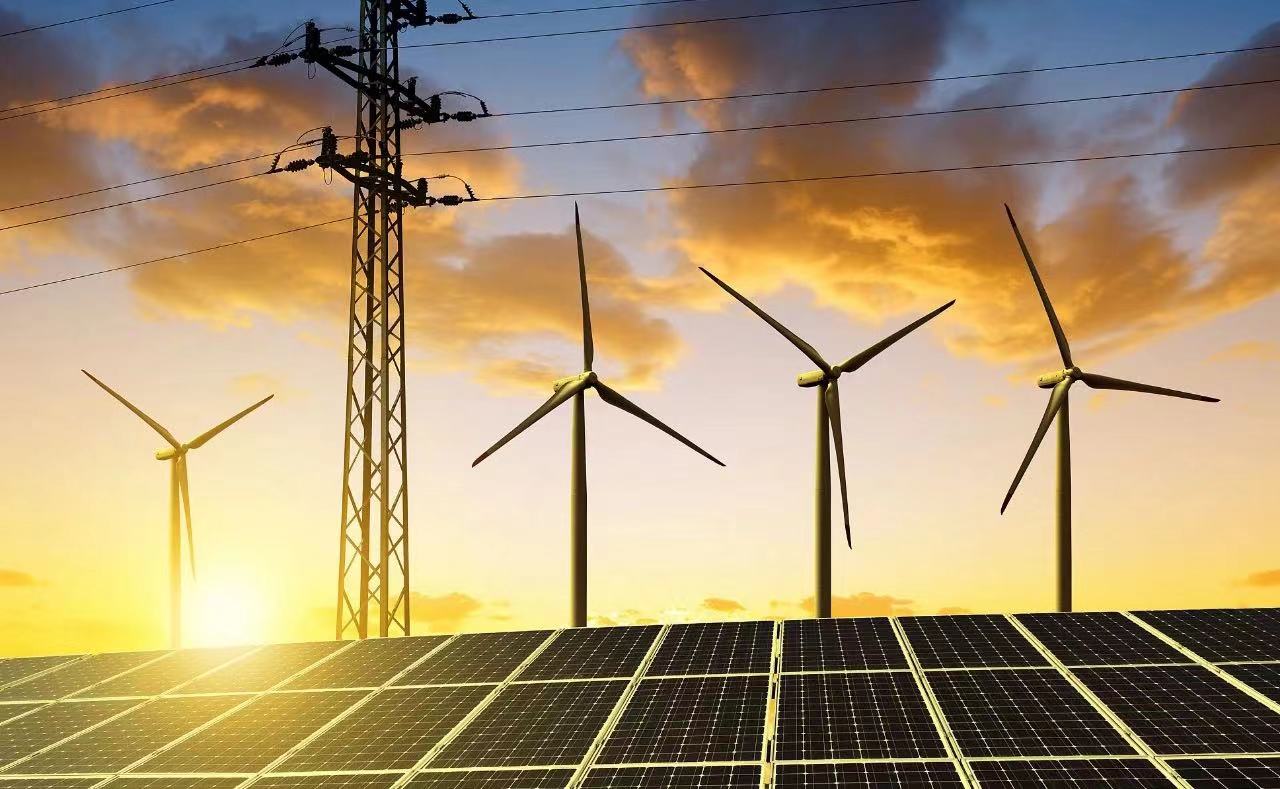Author:AliceDate:2024-7-11

At the beginning of July, many new energy vehicle companies released their sales results for June and the first half of the year, making the already hot automobile market even hotter in July.
Looking at the June "report card", BYD won the "sales champion" without any suspense, and many automakers such as Ideal Auto, NIO, and Zeekr Auto set new monthly sales records for the year. Leapmotor's monthly sales exceeded 20,000 vehicles for the first time, setting a record high, and Xiaomi's sales also exceeded 10,000 vehicles. Particularly eye-catching is Hongmeng Intelligent Driving, led by Wenjie. Wenjie's monthly delivery exceeded 40,000 in June, setting a record high. Hongmeng Intelligent Driving delivered a total of 46,141 vehicles in June, and a total of 194,207 vehicles in the first half of the year, topping the sales of China's new power brands in the first half of the year.
According to the estimated data released by the China Passenger Car Association, the domestic retail scale of new energy passenger vehicles is expected to reach 860,000 vehicles in June, a year-on-year increase of 32.7%, and the penetration rate is expected to increase to 49.1%, further approaching the 50% mark. Some experts and institutions predict that there is no doubt that the sales of new energy vehicles will exceed 10 million this year.
The most important reason for the explosion of the new energy vehicle market is the implementation of the "old for new" policy. In March this year, the State Council issued the "Action Plan for Promoting Large-Scale Equipment Renewal and Consumer Goods Trade-in". Since then, the "Action Plan for Promoting Consumer Goods Trade-in" and the "Detailed Rules for the Implementation of Automobile Trade-in Subsidies" have been launched one after another. Local policies have also been accelerated. New energy vehicle companies have taken more active actions, and multiple parties have worked together to make "old for new" continue to release the consumption potential of the automobile market.

The hot consumer market has also spread to all links in the automotive industry chain, and even the automobile recycling at the end of the industry chain has ushered in new opportunities. It is estimated that after a scrapped small car is carefully disassembled, it can be decomposed into about 36 kilograms of rubber, 70 kilograms of plastic, 740 kilograms of scrap iron, and 100 kilograms of aluminum. Effective recycling and recycling of these resources is equivalent to opening a "second mine". Relevant institutions predict that this year's automobile recycling will exceed 7 million vehicles, and the recycling and dismantling industry will move towards a market scale of 100 billion yuan.
Chinese cars that have opened up the entire supply chain will usher in a broader market space. According to a recent report on the website of Deutsche Welle Radio, the latest "Global Automotive Outlook 2024" report released by consulting firm AlixPartners pointed out that by 2030, new energy vehicles (including plug-in hybrid vehicles) will account for nearly half of the global market, while the share of fuel vehicles will drop below 40%. Chinese auto brands have established significant advantages in new energy technologies, especially battery production, which enables them to launch new products faster and dominate the global market. By 2030, Chinese auto brands will account for one-third of the international market.
As Wakefield, co-head of AlixPartners' global automotive and industrial practice, said, China is a new disruptor in the automotive industry, capable of making cars that are faster to market, cheaper, more technologically advanced and more efficiently designed. Traditional original equipment manufacturers need more than just adjusting their routes. Multinational automakers have now accelerated their technical cooperation with Chinese automakers. Recently, Volkswagen Group and SAIC Group officially announced a number of technical cooperation agreements, including the development of three plug-in hybrid models and two pure electric models in China. Chery and Jaguar Land Rover also signed a letter of intent for strategic cooperation. The two parties intend to jointly promote a new cooperation model - Chery Jaguar Land Rover will launch and manufacture a series of electric products equipped with Chery's electrification platform. Previously, Audi and Volkswagen Group have respectively carried out similar cooperation with SAIC Group and Xiaopeng Motors. It is revealed that since the first quarter of this year, the income from "platform and software technology services" has begun to become an important source of profit for Xiaopeng Motors.
Although there are still "headwind" disturbances overseas, the general trend of global new energy vehicle development has not changed, and the new energy vehicles that are "hot" at the "end" of the chain are about to open up a dimensional space worth looking forward to.
↓Next [ Healthy track of new energy ]









